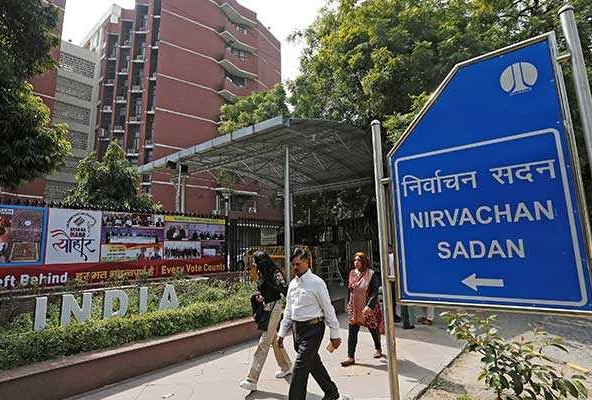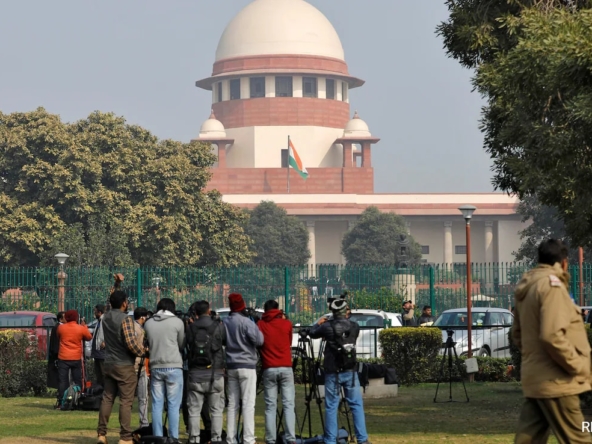
India’s first case of JN.1 was detected in Kerala on December 8.
New Delhi:
The Health Ministry, in a review meeting involving health ministers from various states, underscored the need for a “Whole Of Government” approach to effectively combat the emerging JN.1 coronavirus variant.
The World Health Organisation (WHO), in its latest classification on Tuesday, designated the JN.1 coronavirus strain as a “variant of interest.” However, reassuringly, the organization stated that, based on current evidence, the global public health risk posed by JN.1 is currently evaluated as low. The virus is part of the parent lineage BA.2.86 and was initially classified as a variant of interest.
Emphasising preparedness over panic, the Union Health Minister Dr Mansukh Mandaviya expressed the importance of collaboration between the central and state governments. “We need to be alert, but there is no need to panic. Let us do mock drills in all hospitals once every 3 months. There should be no laxity in our preparation, and I assure all support of the Centre to the states,” he said.
Echoing this sentiment, Kerala Health Minister Veena George emphasised the need for increased surveillance and regular mock drills in hospitals. “Surveillance has been intensified, and all tests are being sent for genome sequencing. Hospital preparedness, equipment, PPE kits – we are reviewing regularly,” the minister stated.
Union Health Minister Dr @mansukhmandviya virtually chaired a high level meeting with health Ministers of various states to access the current status and preparedness on COVID 19.
MoS (Health) Prof @spsinghbaghelpr and @DrBharatippawar, Health Minister of Uttarakhand Shri… pic.twitter.com/uigH7V8S4a
— Ministry of Health (@MoHFW_INDIA) December 20, 2023
India’s first case of JN.1 was detected in Kerala on December 8. Earlier, a traveller from Tamil Nadu’s Tiruchirappalli district tested positive for the JN.1 variant in Singapore.
“There are about 2,300 active cases in the country. Yesterday, 519 cases were reported. About 110 new cases were reported in the first 10 days,” said Dr VK Paul. “There is nothing to worry about. The JN.1 variant has the ability to spread, but the disease is mild.”
The WHO yesterday reassured the public that current vaccines remain effective against severe disease and death caused by JN.1 and other circulating variants of the COVID-19 virus. The US Centers for Disease Control and Prevention (CDC) further supported this by indicating that there is no evidence suggesting an increased risk to public health from JN.1 compared to other circulating variants.
In the United States, the CDC reported that the JN.1 subvariant constitutes approximately 15% to 29% of cases as of December 8. However, the agency highlighted that an updated vaccine could provide continued protection against the variant.
China recently detected seven infections of the JN.1 subvariant.




